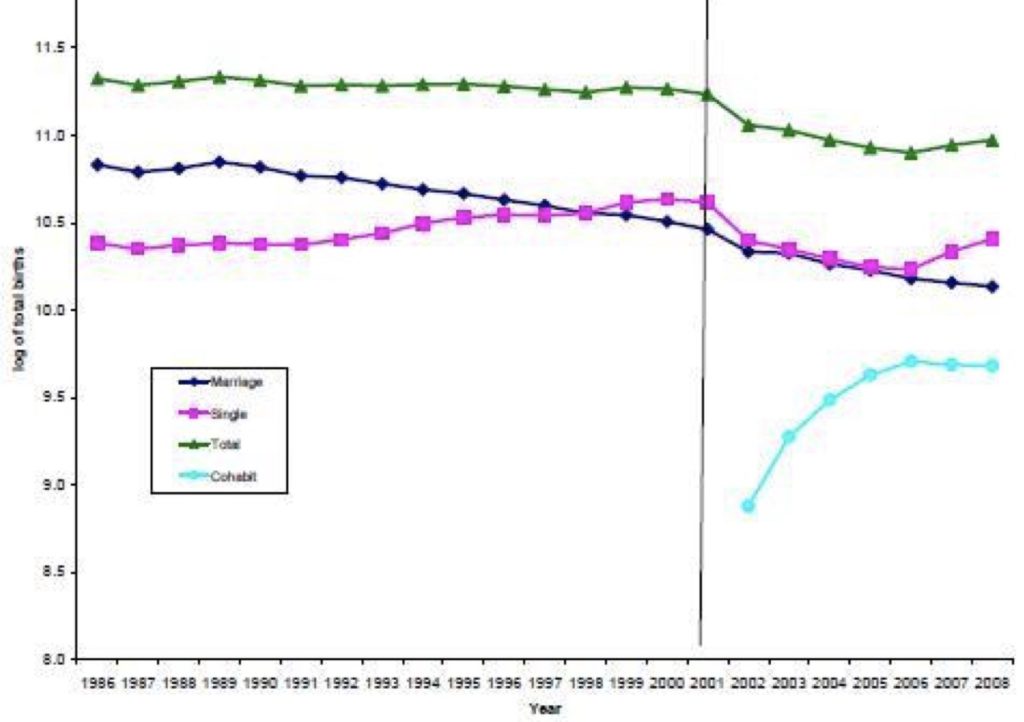
A chance encounter in a parking lot gave me the idea for this month’s essay. “Why not make a man responsible for the cost of raising any child he fathers?”
“That’s a great idea!” I said, then mentioned that Costa Rica has a law that helps achieve that goal. Like many Latin American countries, Costa Rica has a history of many unintended and teen pregnancies. The law has helped improve that.
Law 8101 “Ley de Paternidad Responsible”, to prevent “deadbeat dads”, was passed in 2001. The law allows an unmarried new mother to state the name of the baby’s father. If the man protests that he is not the father, he can elect to have a DNA test. If the test shows he is the father, he is financially responsible for child support until age 18, or older when his offspring is studying. The law labels a man who refuses to have the test done as having “malicious behavior”. In that case, the man is assumed to be the child’s father and he is responsible to pay to raise the child. If the test shows that he is not the father, he is off the hook and he can sue the woman for false accusation.
In order to make this law work, Costa Rican officials set up a state-of-the-art DNA laboratory. Apparently, their laws have always favored the woman in paternity cases, however 1801 goes several steps further. In the past the onus of proof of paternity was on the woman, and many women were unable to afford the DNA testing or legal fees. Now, fortunately, women do not have to pay to prove paternity.
The law includes some interesting provisions. Although Costa Rican Social Security pays for the DNA testing initially, if the tests prove that the man is the father, then that cost is subtracted from his bank account. However, if a mother makes a false claim of paternity, she is stuck with the bill. Finally, a man who does not formally acknowledge his responsibility for a child still has to pay child support—but he loses visitation rights.
Costa Rica is aggressive in pursuing child support. Moreover, the amount of money is significant—it can be a quarter of a man’s income, or even half if he has fathered multiple children. There are even special courts to enforce child support laws.
The legislature strongly supported this law, as did the president in 2001, Miguel Rodriguez Echeverría. Their main motivation was to ensure the intergenerational wealth transfer from fathers to their children. Costa Rica still has a paternalistic society where most of a family’s wealth belongs to the man. Decreasing unintended pregnancies and sexually transmitted diseases were welcome unintended consequences of Law 8101.
The US system for DNA testing and getting fathers to pay child support doesn’t seem to be as effective as in Costa Rica. A friendly person at the Colorado Department of Human Services wrote that almost $18 million is collected every month of what is owed to families, in our state alone. Unfortunately, only 6 out of every 10 support dollars gets paid that are owed, meaning that parents monthly evade paying about $12 million of what they owe their children. To my surprise, I also learned that not all parents owing child support are men: 13% are women.
Has the Costa Rican law struck terror into the hearts of philanderers? It turns out that only a small percentage of men accused of fathering a baby are required to get a DNA test; most new fathers are happy to be responsible for their children. However, there was a significant decrease in the total number of births—a significant step down in the slow decline of birth rates Costa Rica has been experiencing. This peaceful nation, where people are among the happiest and healthiest in the world, has a law that has helped to reduce unplanned pregnancies and encourage parental responsibility.
© Richard Grossman MD, 2021